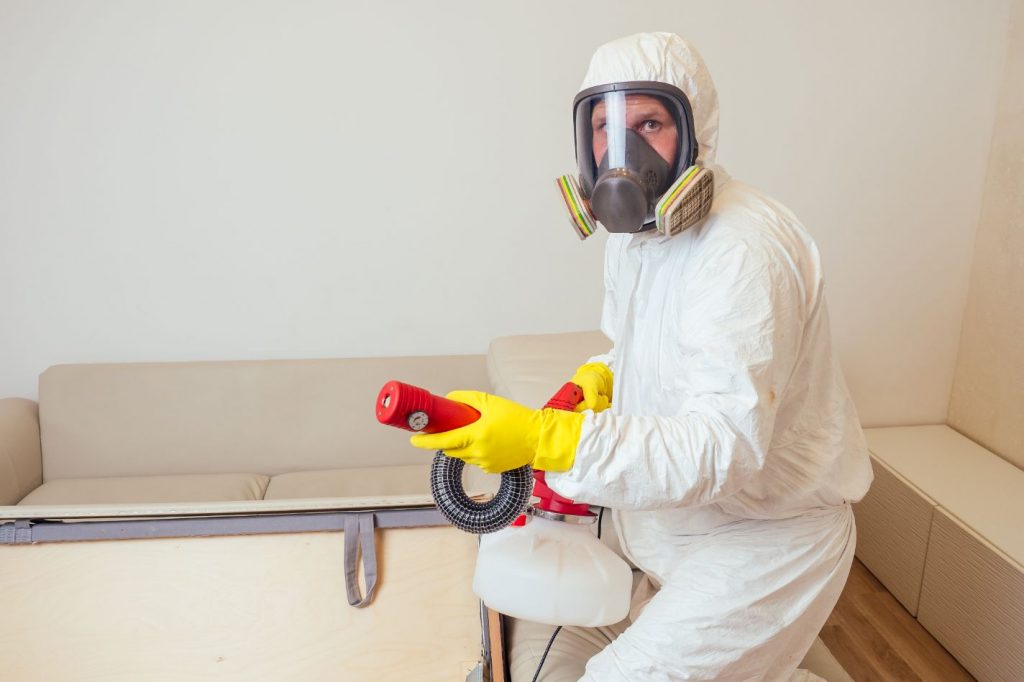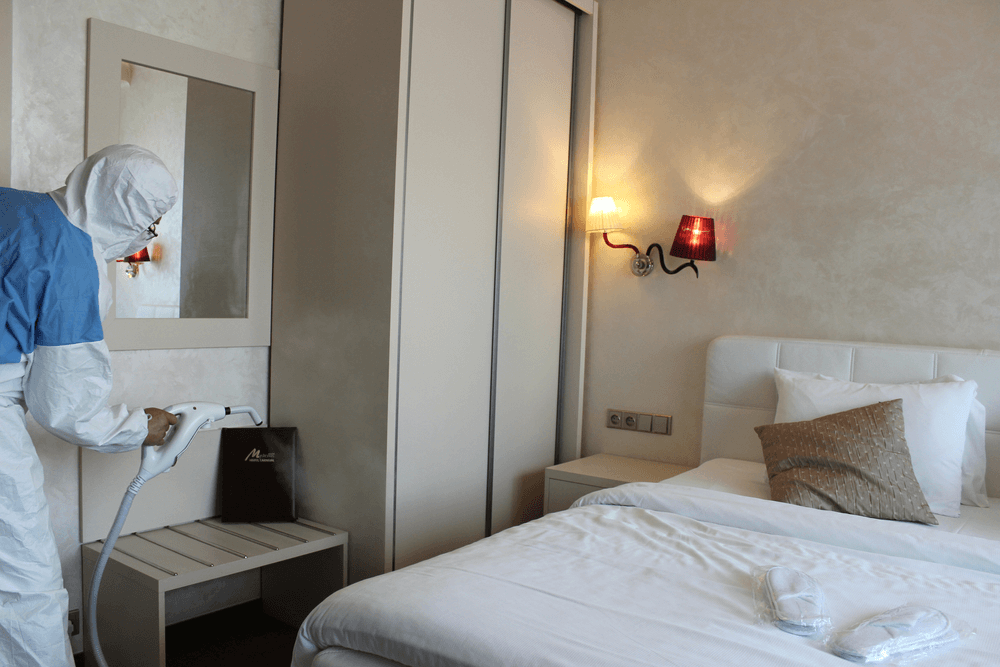In today's hospitality industry, maintaining a pristine environment is crucial for ensuring guest satisfaction and loyalty. One key aspect of this is pest control. But how do you effectively communicate the success of your pest monitoring efforts to your guests? This article will guide you through the process, emphasizing the importance of transparency and reassurance.

Understanding Pest Monitoring and Its Significance
Pest monitoring is a proactive approach to managing and preventing pest infestations. Rather than waiting for pests to become a visible problem, this method involves regular inspections and the use of technology to detect pests early. This is particularly important in the hospitality sector, where the presence of pests can severely impact a hotel's reputation and guest experience.
According to a study by Rentokil, using innovative pest monitoring technologies can significantly reduce pest-related issues. These technologies allow for real-time data collection and analysis, enabling hotels to address potential problems before they escalate.
Why Communication Matters
Communicating your pest monitoring success to guests is vital for several reasons. First, it builds trust. Guests are more likely to feel comfortable and safe in an environment where they know proactive measures are in place. Moreover, transparency about your efforts can enhance your hotel's reputation, making it a preferred choice for health-conscious travelers.
However, it's not just about telling guests that you have pest control measures in place. It's about how you convey this information. The goal is to reassure guests without causing unnecessary alarm.
Strategies for Communicating Pest Monitoring Success
1. Highlight Your Commitment in Marketing Materials
One of the most effective ways to communicate your pest monitoring success is through your marketing materials. Include a section on your website or brochures that details your pest control strategies. Highlight any certifications or partnerships with leading pest control providers to reinforce your commitment to maintaining a pest-free environment.
2. Train Your Staff
It's essential that your staff are knowledgeable about your pest monitoring efforts. They should be able to confidently answer any questions guests may have. Regular training sessions can ensure that your team is up-to-date with the latest pest control methods and technologies. For more insights on this, check out our article on staff training for pest monitoring.
3. Use Technology for Real-Time Updates
Leverage technology to provide real-time updates on pest monitoring. This could be through a mobile app or digital displays in common areas. Real-time updates not only keep guests informed but also demonstrate your commitment to transparency and continuous improvement. Learn more about using technology in our guide on pest monitoring devices.
4. Provide Reassurance Through Customer Service
Your customer service team plays a crucial role in reassuring guests about your pest monitoring success. Ensure that they are trained to handle any pest-related concerns professionally and empathetically. This personal touch can go a long way in making guests feel valued and understood.
Case Study: A Success Story
Consider the case of a renowned hotel chain that faced a potential pest issue. By implementing a comprehensive pest monitoring system and communicating their efforts transparently to guests, they not only resolved the issue but also received positive feedback for their proactive approach. This case highlights the importance of effective communication in turning a potential crisis into an opportunity to build trust and loyalty.
Conclusion
Communicating the success of your pest monitoring efforts is not just about maintaining a pest-free environment; it's about building trust and ensuring guest satisfaction. By being transparent, leveraging technology, and training your staff, you can effectively communicate your commitment to a safe and healthy environment, enhancing the overall guest experience.

FAQs
1. Why is pest monitoring important in hotels?
Pest monitoring is crucial in hotels to prevent infestations that can impact guest satisfaction and the hotel's reputation. It involves proactive measures to detect and address pest issues early.
2. How can technology aid in pest monitoring?
Technology aids in pest monitoring by providing real-time data collection and analysis, allowing hotels to detect and address pest issues before they become visible problems.
3. What should staff know about pest monitoring?
Staff should be knowledgeable about the hotel's pest monitoring strategies and be able to confidently address any guest concerns. Regular training can ensure they stay informed about the latest methods and technologies.
